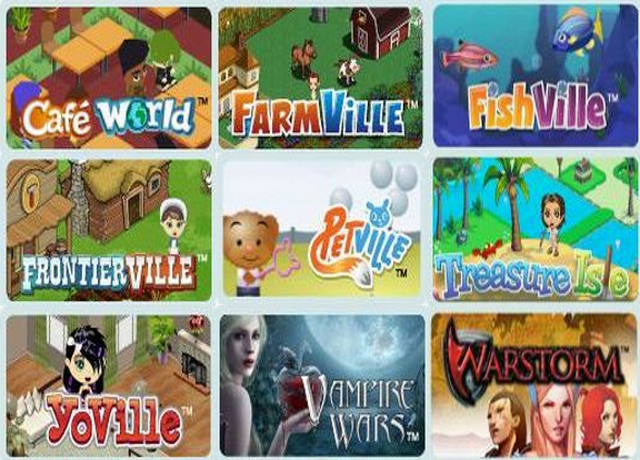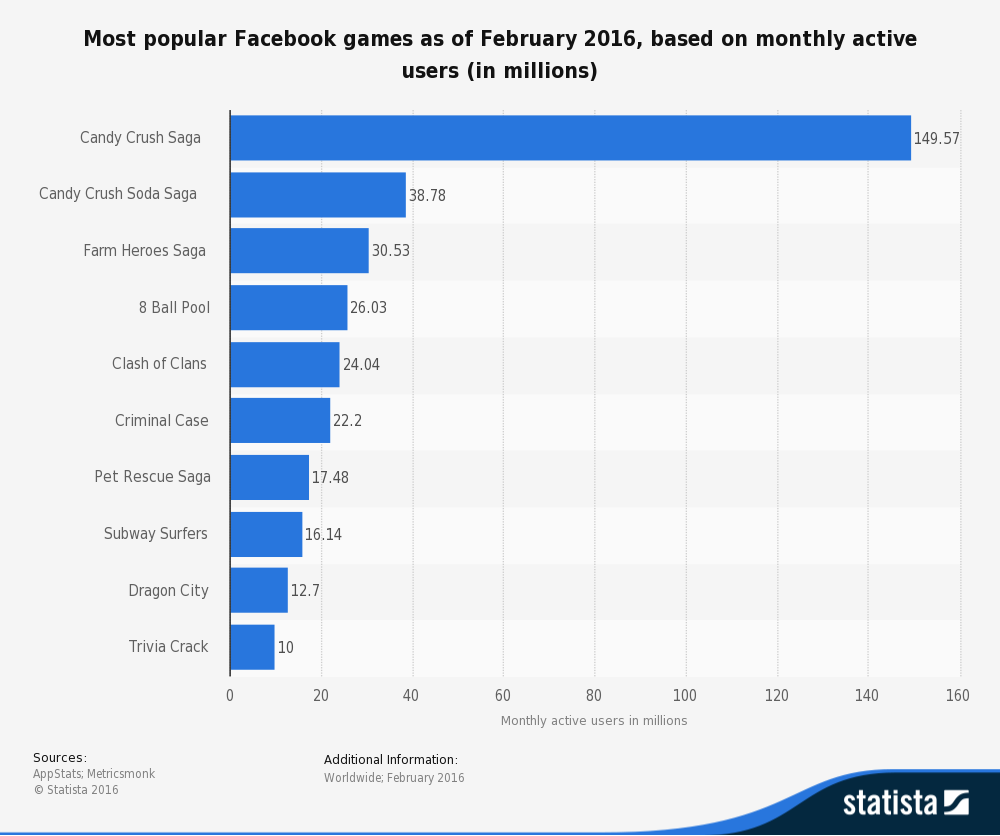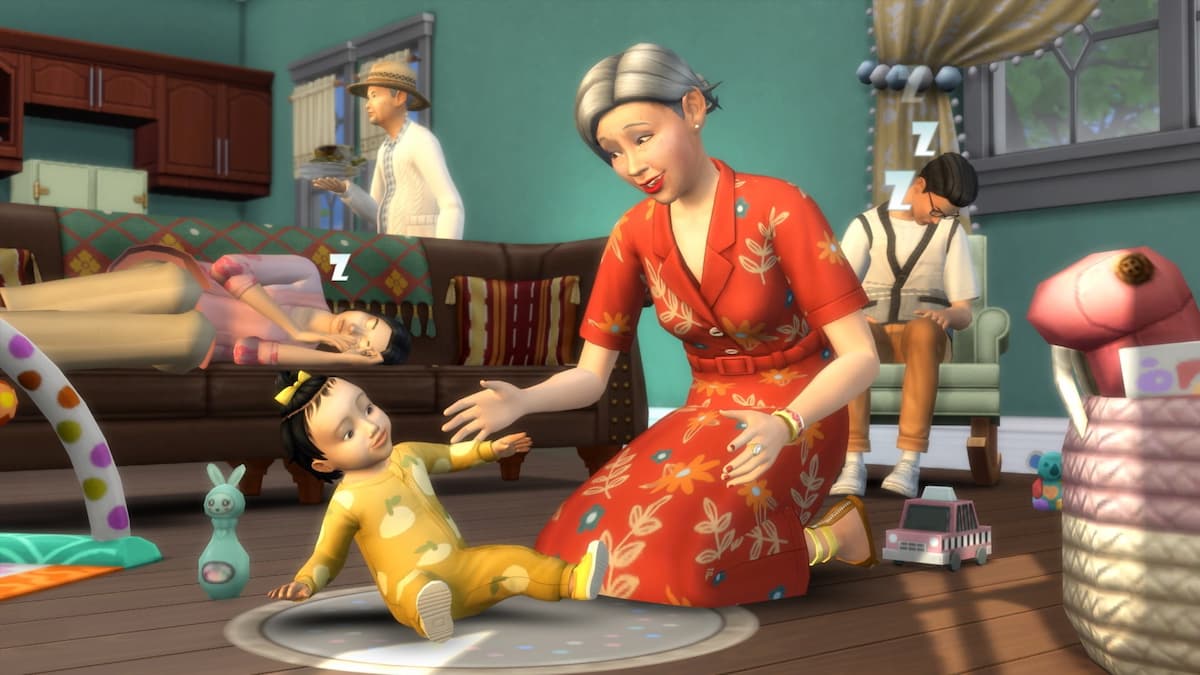In popular media, the stereotypical video gamer is usually a nerdy young male. Recently, this stereotype has changed due to the rise of social games. As social media is becoming more influential in people’s lives, social games are succeeding on social media as well.
According to research done by the Entertainment Software Association in 2015, the three most frequently played game genres are social games. Thirty-one percent of frequent gamers play social games, while 60% play action games and puzzle, board, and card games.
Who are the social gamers?
A study on social gamers in 2014 by a British online consultant firm ThinkManagement reveals statistics that the social gamer demographic have a steady income that ranges from $25,000 – $99,000. They have children and a slightly higher percentage of them are female. Their median ages are in the 30s. In another words, parents are the target market of social media games.
According to a recent research by Statista, the Candy Crush game series have the highest market share among all social games. At the same time, Infographics show that the market size of of social games had almost doubled from $4.94 billion to $8.64 billion worldwide between 2011 to 2014. Most of the revenue from social games are from sales of virtual objects and advertisements. Although very few players had purchased virtual objects for their game, they had contributed almost half of the revenue for the social games.
Most popular social games on Facebook
What the the selling points of social media games?
There are distinctive features of these social media games that make them appealing to their players. Most of them can share similar characteristics like:
1. No victory condition: unlike games with objectives and competition with others, these games are like daily routines instead of work or projects with deadlines.
2. Communities: these games have options to share with other players on social media, such as asking your friends for lives in Candy Crush, stealing crops in Farmville…etc. This bonds the players who are cooperating to achieving more in game, but can also annoy the non-social gamer.
3. Grinding: a process of a game or cool down may take hours to complete and players are able to be away from keyboard and the game will still be running.
In another word, instead of competing with other player or AI and games deep story lines and challenging puzzles, social gamers prefer games that can be part of their daily lives and that they can play with their friends.











Published: Mar 25, 2016 10:00 am